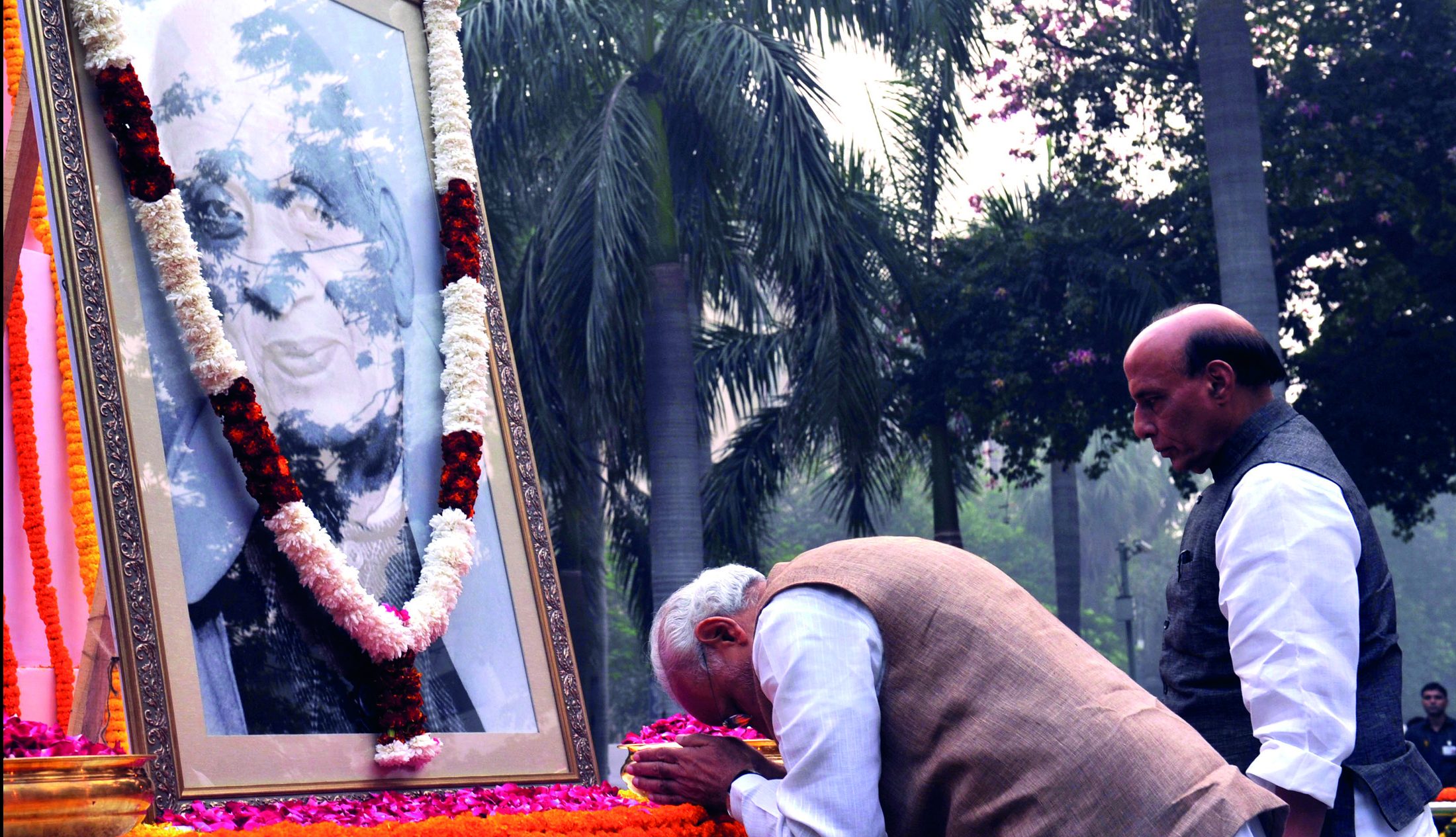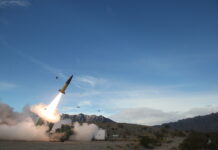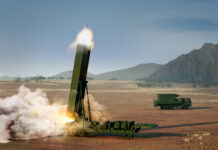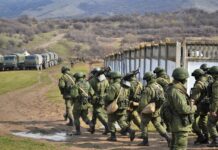India, as the world’s largest democracy, has unwittingly become the focal point of a geopolitical tug-of-war between Russia and the West, amidst a narrative largely dominated by the ongoing Russia-Ukraine conflict, sanctions, and the relevance of multilaterals. As David Frost once said, “Diplomacy is the art of letting somebody else have your way.”
This is evident from the flurry of world leaders and envoys visiting New Delhi in order to either issue a veiled threat, coerce, persuade, to learn circumvention, or simply enhance cooperation and business. With India displaying its neutrality by abstaining eight times from UN votes (in different UN agencies) pertaining to the Russia-Ukraine conflict, each camp seems to be aiming at pulling New Delhi to its side.
High Level Talks
Kicking off these high-level visits was Japan, which will host the Quad Summit later this year. On his maiden India visit, Japanese Prime Minister Fumio Kishida, besides announcing investments, also reinforced the Indo-Japan special strategic and global partnership. Japan’s territorial issues with Russia over the Kuril Islands, coupled with Tokyo’s UN vote in favour of Ukraine and in support of sanctions, all resonated in the Kishida-Modi meeting.
Australia, the other important Quad member, has a turbulent relationship with China. PM Scott Morrison, who enjoys a special friendship with PM Narendra Modi, discussed Quad dynamics in a virtual meeting, besides signing the India-Australia Economic Cooperation and Trade Agreement.
However, all visits were not about business. As part of the broader diplomatic push by the West, during her day-long India visit, UK Foreign Secretary Liz Truss took a swipe at India for accepting the Russian discounted crude oil offer, “I think it is very important that we respect other countries’ decisions about the issues they face. I have outlined the UK’s approach to sanctions and the fact that we are ending our dependence on Russian oil by the end of this year. India is a sovereign nation. I’m not going to tell India what to do.”
India’s External Affairs Minister Dr. S Jaishankar retorted, “It is interesting because we have seen for some time what looks almost like a campaign on this issue. When the oil prices go up, I think it is natural for the countries to go out into the market and look for what are good deals for their people.” It may be noted that India buys just two per cent of its oil and gas from Russia, while the EU’s gas imports from Russia overall are around 45 per cent.
Veiled threats from America triggered a backlash from India’s diplomatic community. US Deputy National Security Advisor (NSA) Daleep Singh, on his maiden India visit, said, “There will be consequences. What we would not like to see is a rapid acceleration of India’s imports from Russia as it relates to energy. The more leverage that China gains over Russia, the less favorable that is for India, I don’t think anyone would believe that if China once again breached the Line of Actual Control, that Russia will come running to India’s defence.”
The Deputy NSA’s coercion-laced threat evoked a strong reaction from former Indian Ambassador to the UN, Syed Akbaruddin, “Remarks made by the US diplomat were not in keeping with diplomatic traditions. This is the language of coercion. Punitive unilateral economic measures are a breach of customary international law.”
Border Disputes
Chinese Foreign Minister Wang Yi’s visit dealt largely with the India-China boundary issue, and BRICS to be chaired by Beijing later this year, as New Delhi’s central importance in this multilateral grouping comprising Brazil, Russia, China and South Africa, appears inevitable.
German Foreign and Security Policy Advisor Jens Plotner reacted to India’s abstaining at the UN vote, by calling New Delhi’s approach in accordance with international law of the UN Charter which respects territorial integrity, adding that Berlin would have liked India to be on their side.
Plotner emphasised that geography defines India’s motivation, reiterating the conflict was likely to have consequences for the Indo-Pacific region at large. Out of the five visiting foreign ministers from Greece, China, Austria, the UK and Russia, only Russian Foreign Minister Sergei Lavrov was granted an audience with PM Modi. Lavrov’s visit was aimed at improving the tanking Russian economy. Lavrov plainly told India that Moscow was ready to sell India anything it wanted. For the first time, the EU has a dedicated Indo-Pacific Ambassador, evident by the recent visit of EU Special Envoy for Indo Pacific Gabriele Visentin, who subtly warned of a Ukraine-Russia style misadventure not being far from the Indo-Pacific.
Representing smaller and neutral countries, trading with Russia, Mexican Foreign Minister Marcello Ebrard, Austrian Foreign Minister Alexander Schallenberg and Oman’s Foreign Minister Sayyid Badr bin Hamad bin Hamoud Al Busaidi all came calling to understand how to circumvent sanctions.
Suman Sharma













